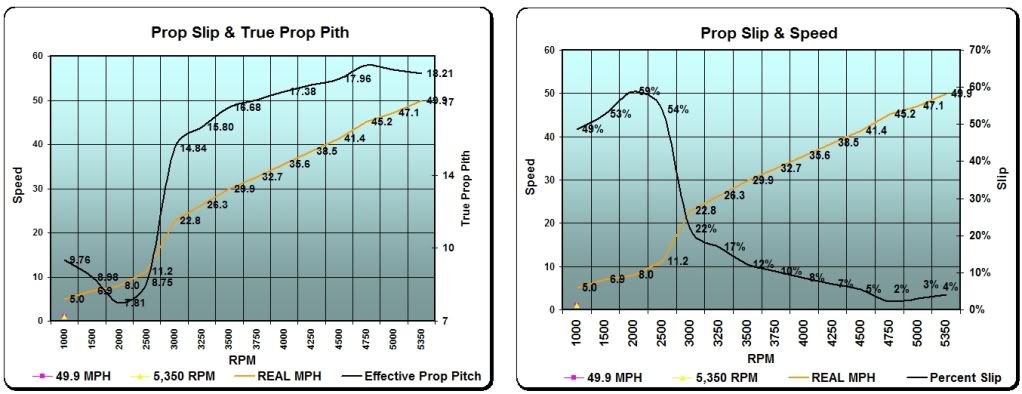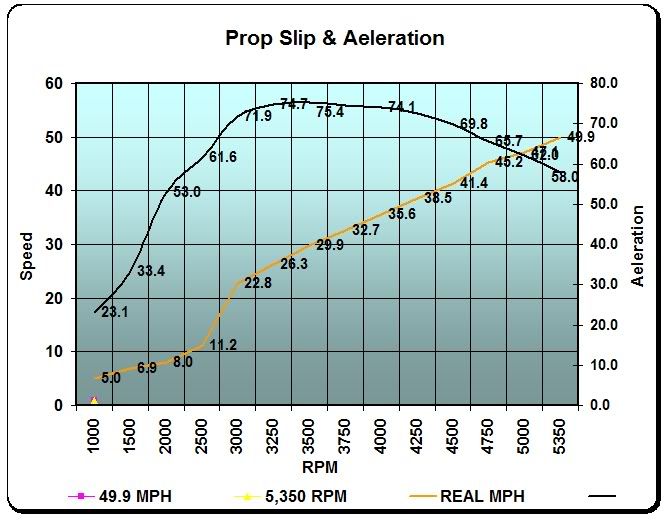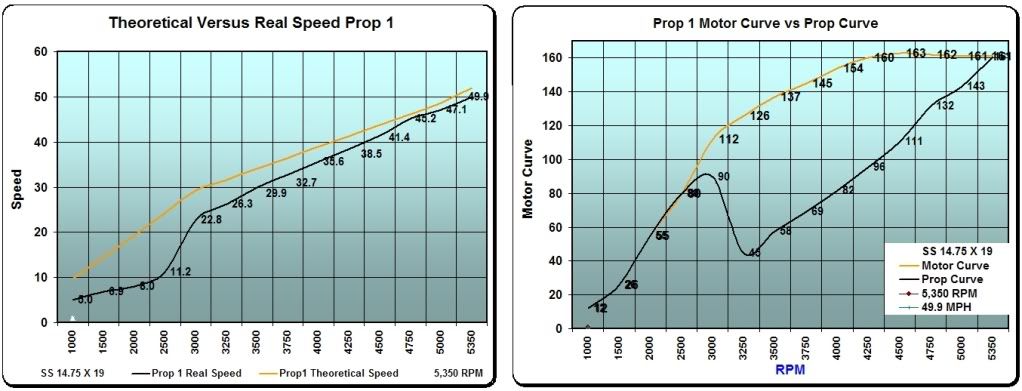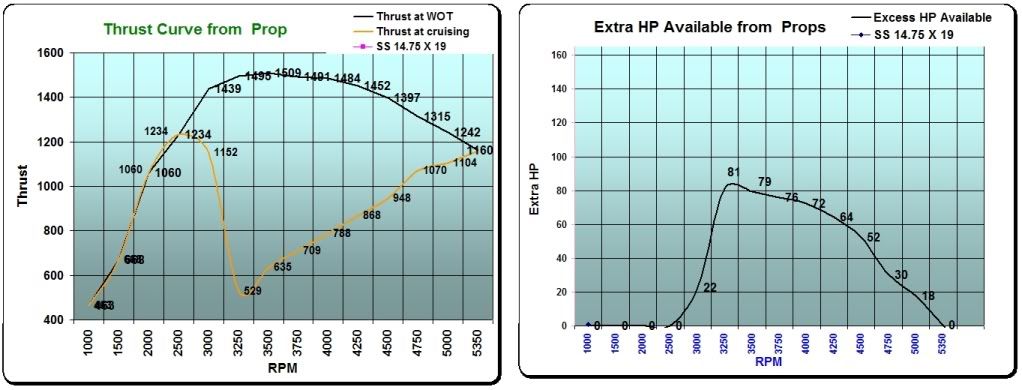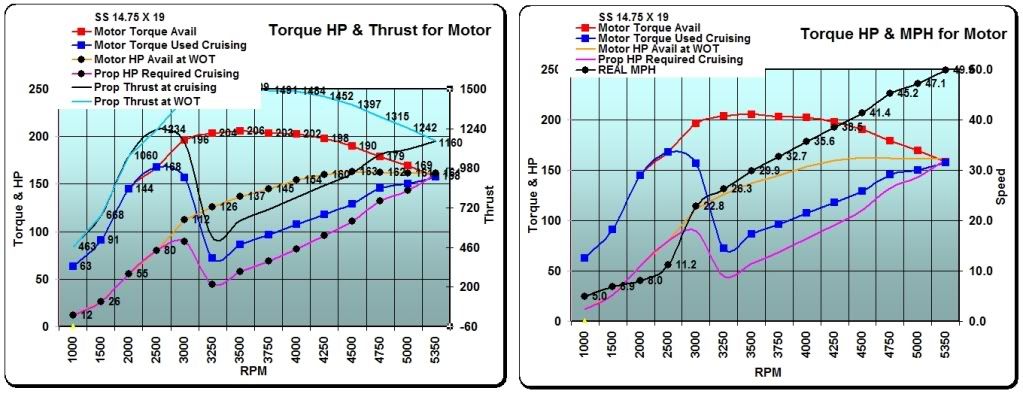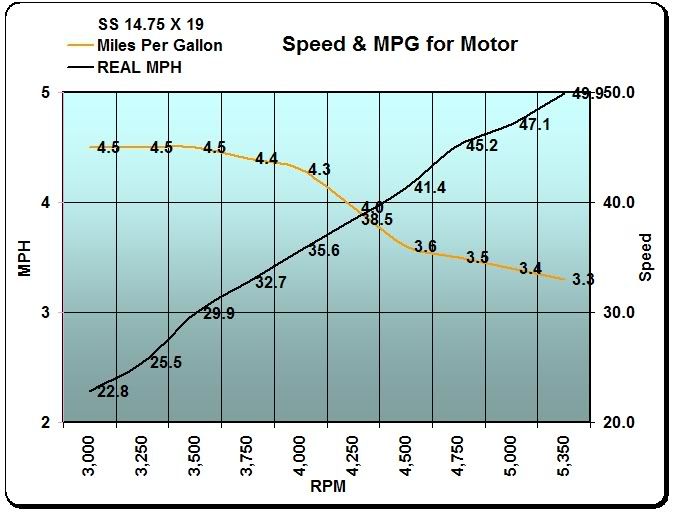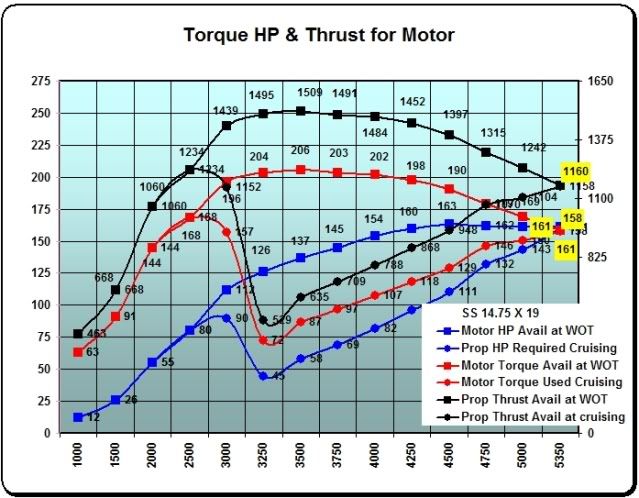hwsiii
Commander
- Joined
- Jan 25, 2009
- Messages
- 2,639
Re: Does anyone have Full HP and Torque Info on outboards over 150 HP
Seahorse5, do you still think that there are no scientific methods in my procedures? I am doing research on boats, motors and props to try and find an easier way to find a BETTER prop for a boat and the owners intended uses than he has now, with the very limited information given by the owner.
If he wants the BEST prop it will ALWAYS require testing a decent number of props until he finds the best one, and then if he wants more he can spend the money to have the prop labbed for his particular circumstances. My research is NOT for these people, it is for the people walking in here with limited knowledge and limited information. I am just here to facilitate a quicker and easier way to do this.
I am not here to have arguments or to be dismissed as foolish. I am just trying to learn more than I now know, and Dale says you have a lot of knowledge, and I believe what Dale says, the same way I believe what Kenny says. I am on a mission, that is the best way I can describe it, in my quest for more knowledge and to try and find easier ways for people to find a better prop for their boat.
I do appreciate dialogue and constructive criticism, that is how we all learn more than we know now. When I find that my theories or concepts are wrong I am very happy to acknowledge to everyone that I was mistaken in my beliefs, see the following.
http://forums.iboats.com/showthread.php?t=371668
So, if you have the time to look at my spreadsheet and tell me where I have made errors, or where I might be able to improve it with more information I would appreciate it very much. Knowledge and new theories are normally found by standing on the shoulders of men who have much more knowledge than the man who actually presents the new theory or hypothesis.
H
Seahorse5, do you still think that there are no scientific methods in my procedures? I am doing research on boats, motors and props to try and find an easier way to find a BETTER prop for a boat and the owners intended uses than he has now, with the very limited information given by the owner.
If he wants the BEST prop it will ALWAYS require testing a decent number of props until he finds the best one, and then if he wants more he can spend the money to have the prop labbed for his particular circumstances. My research is NOT for these people, it is for the people walking in here with limited knowledge and limited information. I am just here to facilitate a quicker and easier way to do this.
I am not here to have arguments or to be dismissed as foolish. I am just trying to learn more than I now know, and Dale says you have a lot of knowledge, and I believe what Dale says, the same way I believe what Kenny says. I am on a mission, that is the best way I can describe it, in my quest for more knowledge and to try and find easier ways for people to find a better prop for their boat.
I do appreciate dialogue and constructive criticism, that is how we all learn more than we know now. When I find that my theories or concepts are wrong I am very happy to acknowledge to everyone that I was mistaken in my beliefs, see the following.
http://forums.iboats.com/showthread.php?t=371668
So, if you have the time to look at my spreadsheet and tell me where I have made errors, or where I might be able to improve it with more information I would appreciate it very much. Knowledge and new theories are normally found by standing on the shoulders of men who have much more knowledge than the man who actually presents the new theory or hypothesis.
H




















